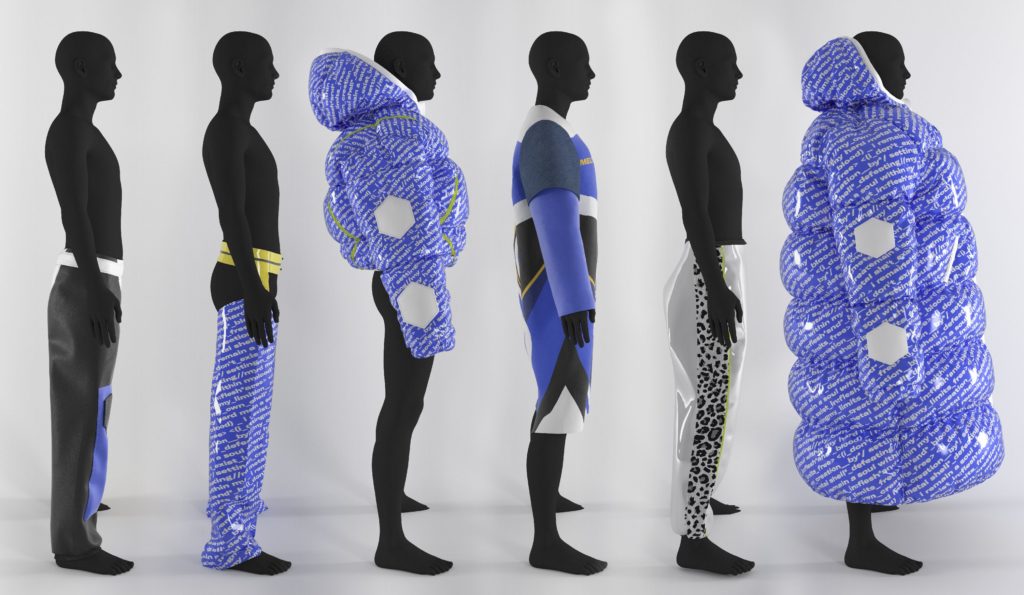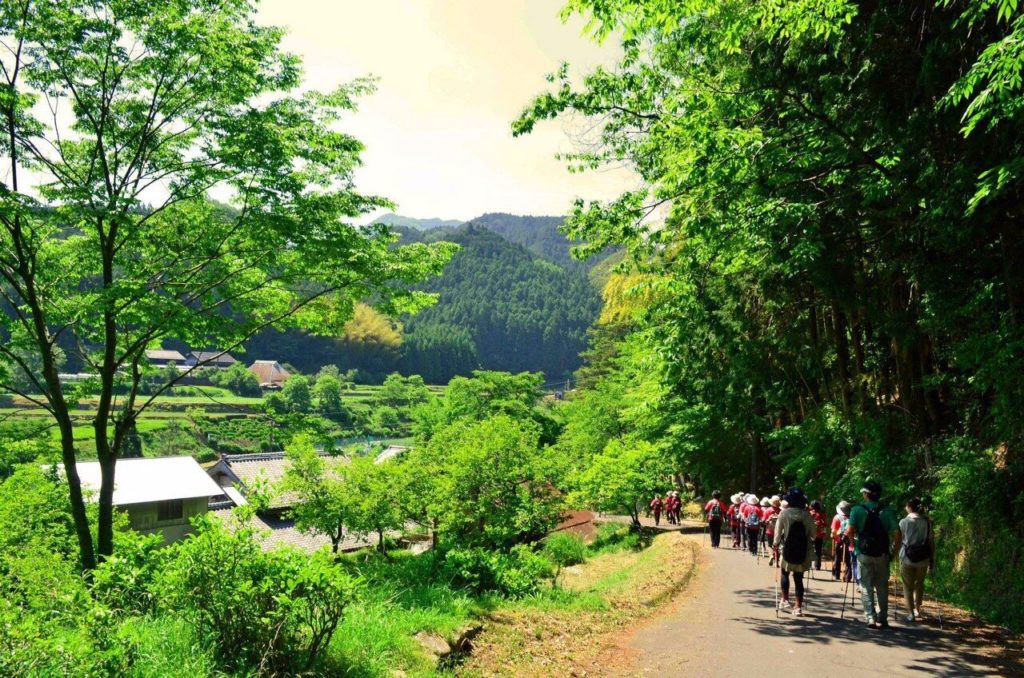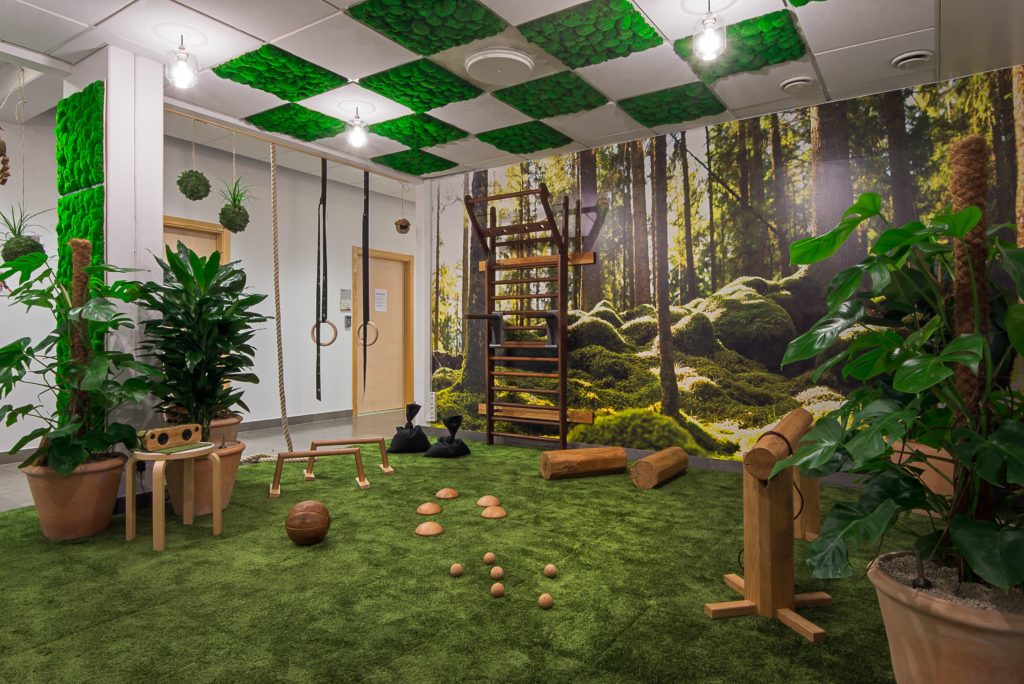4 Mins Read
Every year, the Global Wellness Summit (GWS) trends forecasting team publishes a report predicting the new developments that will influence the now US$4.5 trillion health and wellness industry. Titled the Future of Wellness 2020, this year’s report highlighted 8 trends in total. Of those, 5 stood out as truly disruptive– in fact, we are already seeing some of them in action as we begin this new decade. Below, we list out the 5 key trends from GWS’s Future of Wellness 2020.
The rise of “Well Fashion”

Coupled with the explosion of sustainable and meaningful fashion, the GWS predicts that the intersection between “wellness” and “fashion” will disrupt the industry. From recycled textile and food waste being incorporated as materials, to vegan and cruelty-free options, to rewear and rental, a more “well” fashion market and mindset will win out and consumers will be treated to more “smart” property fabrics. Expect to see the likes of self-regulating garments and collections infused with Ayurvedic medicinal plants as more consumers look to find true wellbeing through environmentally and ethically responsible fashion choices.
The ascent of under-tourism

With international travel at an all time high and tourism hyper-concentrated in a handful of popular destinations, over-tourism will begin to dominate the headlines and mindful tourists will want to avoid contributing to this tragic reality. According to GWS, wellness tourism will be the “one key antidote” to this, with many wellness destinations and resorts located in non-crowded locations, surrounded by nature and in harmony with their surrounding environment. This will go part and parcel with the rise in eco and sustainability-minded travellers, who will want to “choose under-tourism” as a part of their journey for their own (and the planet’s) wellbeing.
Meditation goes plural (and mainstream)

GWS identifies the phenomenon that is “meditation goes plural” – whereby meditation goes from a generic singular concept to being a host of different types of meditations practiced in various disciplines. For instance, a host of new “mindful fitness” brands will emerge, inviting people to exercise with intention and consciousness. Compounded with “meditation technologies” that seek to help people “hack” their meditation experience, the future will be about meditations (hello, tea ceremonies!) Earlier this year, we talked about wellness returning to breath in our trends report, which is very much part of this surge in meditative disciplines.
Nature as a medicinal prescription

According to the trend forecasters at GWS, “Nature Deficit Disorder” has taken hold in our digitally-dominated world. Deprived of being outdoors with nature, more people will return to the natural world as a form of “treatment” with patients being advised to incorporate shinrin-yoku in their daily lives. The report also outlines a corresponding “back to nature” shift that will influence the entire wellness world, such as fitness classes becoming greener and increasingly outdoors – a trend we highlighted in our Green Queen 2020 Annual Trends Report.
Nutrition becomes more personalised

Yet another trend that GWS featured in their report is one Green Queen included in our trend predictions: the personalisation of nutrition. We are entering the age of bespoke nutrition. The scientific consensus is clear: we are all uniquely different from one another so no single dietary regime can apply universally. Get ready for customised exercise plans, tailored nutrition advice and supplement suggestions based on blood work.
All images courtesy of Global Wellness Summit & Institute.




